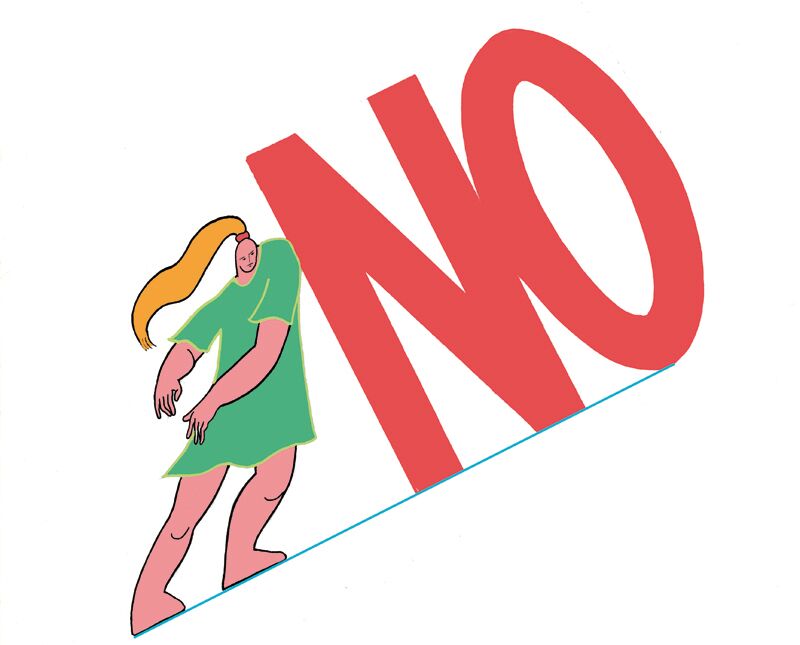The time has come to speak out, listen and change the discussion
When I first read the allegations about Aziz Ansari, I was extremely disappointed. He was supposed to a good guy. A feminist. A social activist. An underdog. Yet, there he was being aggressive, inappropriate and supposedly unaware of his actions.
The allegations were written in an article titled, “I went on a date with Aziz Ansari. It turned into the worst night of my life,” published on the website Babe on Jan. 14. After seeing Ansari with a “Time’s Up” pin at the Golden Globes, a writer using the pseudonym “Grace” was set off. She recounted a date with Ansari after meeting him at the Emmys in 2017. She wrote about how abruptly Ansari wanted to have intercourse, and how he continuously put her hands on his genitals even after she removed them.
In her story, Grace claimed Ansari ignored her “verbal and non-verbal cues” indicating how uncomfortable she was during their time together at his home. Grace wrote that she still felt pressure to perform oral sex and allowed the unbearable experience to continue.
It would be naive to retrospectively say she should have just said no and left, because the pressures Grace faced are far more hidden, insidious and complex than they appear on the surface. This situation has brought up a discussion about consent, a long overdue discussion that has exploded in our society.
To me, what Grace described is a situation that lacked consent and empathy. However, this Ansari incident is so much bigger than the technicalities of sex being consensual or not. I believe arguing about consent in this situation should not be the focus, as it is clear Grace was feeling extremely uncomfortable, based on her recollection of the experience. We should be focusing on how to communicate during sexual encounters and how to encourage women to advocate for themselves in these situations.
Through my observations, I’ve noticed there was a great deal of hesitation to label this incident as sexual assault, by both men and women. To many, this situation may be all too familiar. This may be too close to home for women as it forces them to re-label personal experiences they thought of as just bad sex. Similarly, men may hesitate to reconcile their approach and actions—they might not understand that their actions have made women uncomfortable. Others have pushed back because of a perceived dilution of what assault really looks like. I’ve realized the movements #MeToo and Time’s Up may be more complicated than I originally anticipated.
In my opinion, issues with consent and sexual assault begin because of the hypersexualization of women in society. From a young age, men and women are taught to treat the female body like a sexual object. Men are taught about the “chase” and winning girls over with effort and perseverance. In media, women are often shown as unsure in their sexual encounters, and it’s supposedly the men’s job to change their minds. Porn, social media, advertisement, music videos and countless other media perpetuate this narrative.
Although sexual assault is a multi-layered, systematic issue, I think the media presence and the culture surrounding sex has acted as a catalyst for non-consensual relationships. We need to start thinking critically about how we can improve communication between men and women during sex. If we do not also examine the male perspective of the Ansari issue, and of sexual assault in general, we won’t be able to affect complete change.
For the first time in history, we are listening to and believing women about sexual assault allegations. It’s revolutionary, and it needs to continue. But I strongly believe we must include men in this conversation too. Not just by calling them out, but by making them understand their actions. Without trying to understand the complexities on both sides, we risk staying stagnant during this discussion and progress.
What Ansari did was bad. What others did was worse, and all of this is much too common, even among the “good guys” in our society. This is an opportunity unlike any we’ve had before. Not only are we calling men out, we are calling them in. Welcome to the conversation.
Graphic by Alexa Hawksworth




